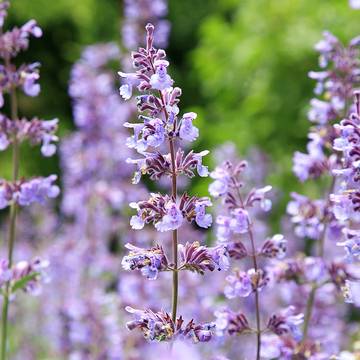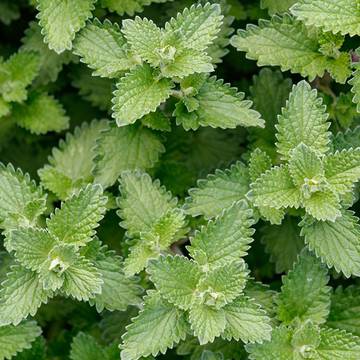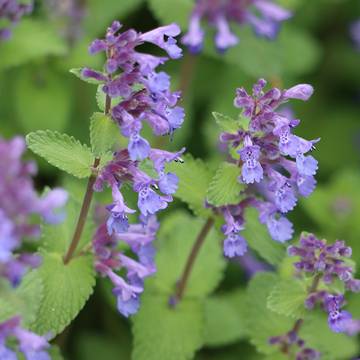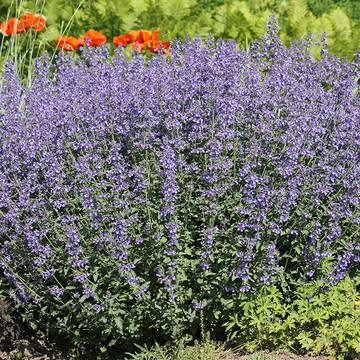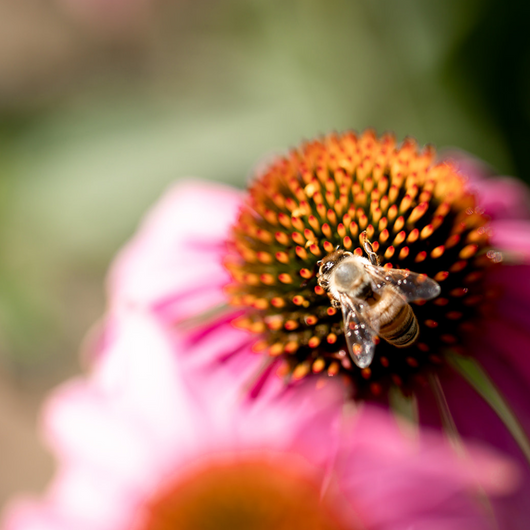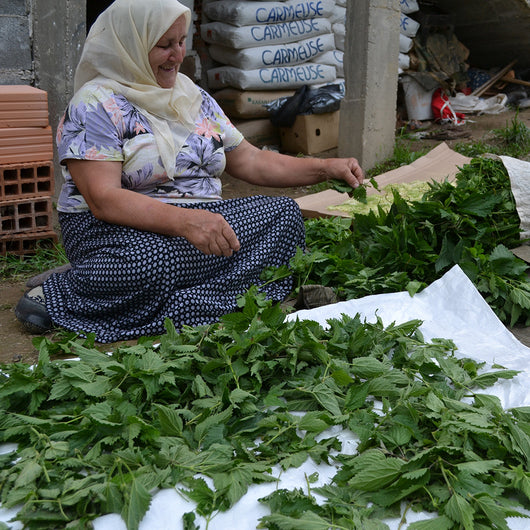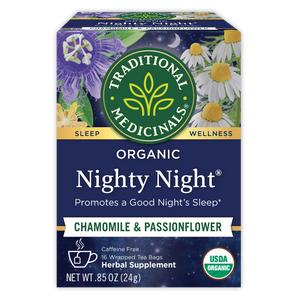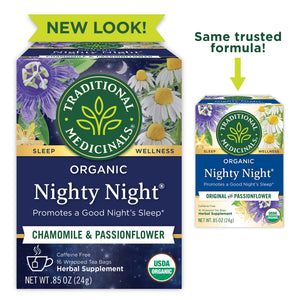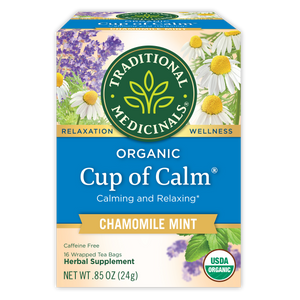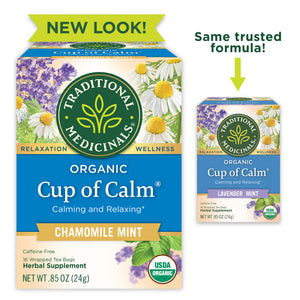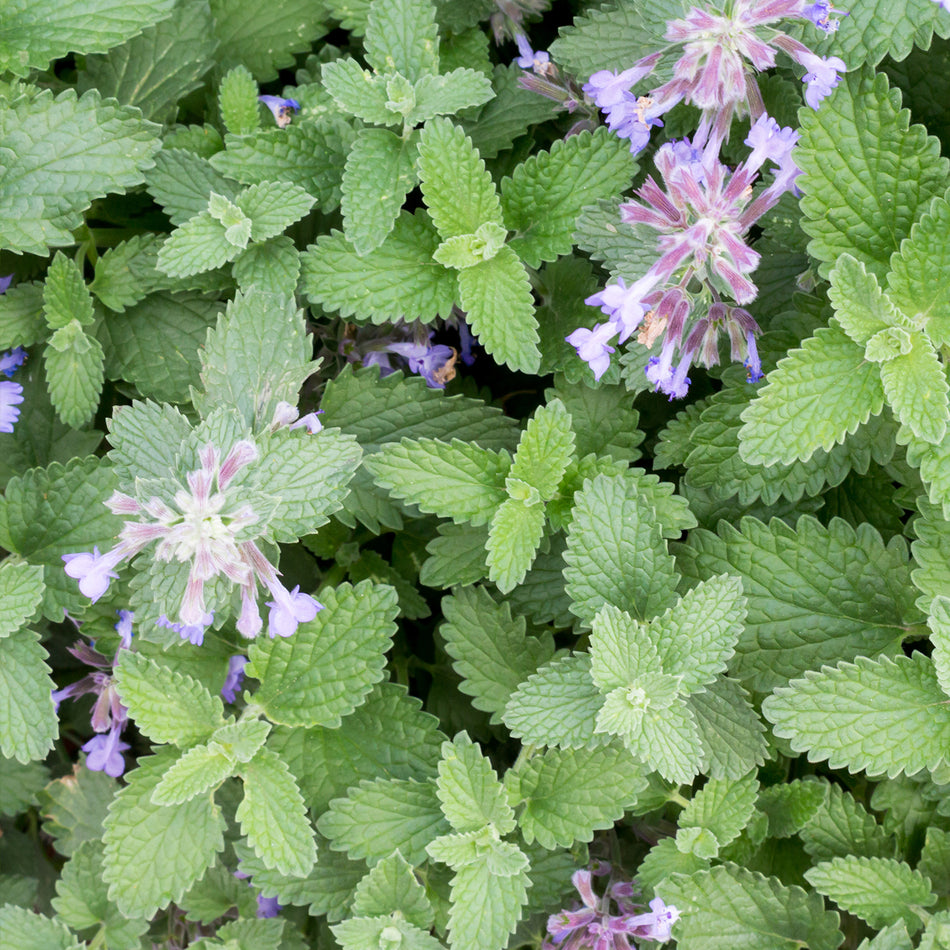
Catnip
Nepeta catariaCatnip is a calming and comforting herb that can help ease nervous tension and promote restful sleep.*
Cats love catnip thanks to a special compound called nepetalactone.
What are the benefits of Catnip?
Beloved by furry feline friends for its intoxicating effects, catnip is also appreciated by humans for its nerve-soothing benefits.* Its infamous volatile oil called nepetalactone is what entices cats but deters mosquitos. The herb’s leaves and flowers are commonly used in teas, tinctures, and for essential oils to ease stress and support everyday wellness.* It’s been used for centuries to support those under immense pressure or simply needing to unwind after a long day.
It’s also a mild sedative, making it ideal for those who are struggling to fall asleep or stay asleep. Depending on the dose, it can be used to uplift and unwind day or night.* Because of its gentle nature, many herbalists use it when working with children.
In our formulas, we use catnip as an adjuvant, meaning in mild enough doses to simply contribute to the effect of other ingredients.
Folklore & Historical Use of Catnip
Catnip has been grown and used as a tea, juice, tincture, infusion, poultice, and smoke for hundreds of years. It was traditionally used as a carminative to relieve gas and colic for kids and was rumored to even relieve pesky hiccups. It was also commonly used for colds as a diaphoretic to induce sweating and cool the body from overheating. In France, the leaves and young shoots of catnip are sometimes used for seasoning food and grown alongside other kitchen herbs.
Botany, Species, Habitat
Catnip is an herbaceous plant that belongs to the mint family and grows easily in gardens and windowsills across the country. It is native to Europe and Asia and has been naturalized in many other parts of the world. It’s also a perennial plant that can grow up to 3 feet tall and has grey-green leaves with serrated edges. The plant blooms with small clusters of white or pale pink flowers in the summer months, which are very attractive to pollinators.
Catnip is a hardy plant that can be easily grown in gardens and containers. It prefers well-draining soil and full sun to partial shade. It can be propagated easily from seed or cuttings. In the U.S., catnip is hardy in USDA zones 3-9, making it a popular choice for gardeners in many regions.
When To Use Catnip
Anytime to take the edge off and relax the body.
When you need a nudge towards dreamland.
The Business of Sustainable Plants
Our business is rooted in plants, and for us, it’s a business imperative that we care for the ecosystems where these plants live and thrive. We believe that everything is interconnected, which means supporting ecosystems and the farmers and collectors who harvest and gather our herbs. Finding opportunities to reduce or eliminate emissions at the source, we support organic and regenerative farming practices as well as voluntary certifications like Organic and FairWild. These ensure the absence of pesticides, herbicides, as well as the ongoing sustainability of wild collection, and the health and livelihoods of the collectors who forage. Josef Brinckmann, Traditional Medicinals’ Research Fellow, Medicinal Plants and Botanical Supply, asserts, “Everyone has a role to play in preserving biological diversity. One way of doing that is by equitably supporting the local people to serve as stewards of the land.”
It Starts with Organic
We choose to source organic because we believe in the positive impacts it has on environmental sustainability, biodiversity, and overall ecosystem health. Organic helps us increase transparency while prioritizing consumer well-being and farmer success, which is key to producing the high-quality herbs we source. In 2021, we procured 2.73 million pounds of certified organic herbs, over 99.7% of our total botanical herbs purchased. Volumes were down slightly from FY20 due to timing of inventories received.
The impact from organic farming creates a vital ecosystem through improved soil health, water quality, pollinator habitats, and biodiversity. Organic farms also have increased carbon sequestration potential through long-term carbon storage in the soil, helping to mitigate climate change.
One of the benefits of organic that we most value is farmer health. We care deeply about the people who produce our herbs, ensuring that they are not exposed to synthetic chemicals found in conventional agriculture.
Fair Trade
We believe that everyone deserves a fair wage for hard work. That’s one of the reasons why we’re committed to fair trade. Traditional Medicinals® is a registered Fair Trade “brand holder”, “licensee” and “manufacturer,” and our products are certified by Fair Trade USA, an independent third-party certifier. We were an early adopter of Fair Trade, having launched our first fair trade tea product in 1998, just one year after Fairtrade International (FLO) was established. We continue to work closely with our network of producers to help them to implement fair trade standards and get certified.
Nighty Night® Tea
Nighty Night tea combines passionflower with calming chamomile...
Additional Information
Legal Disclaimer:
The information and other content in this article are designed to provide a general overview of the botany, cultural history, and traditional uses of this herb. It is not intended and should not be construed as health advice. Every person is unique and you should consult with your health care provider before using any herbal product or supplement.

